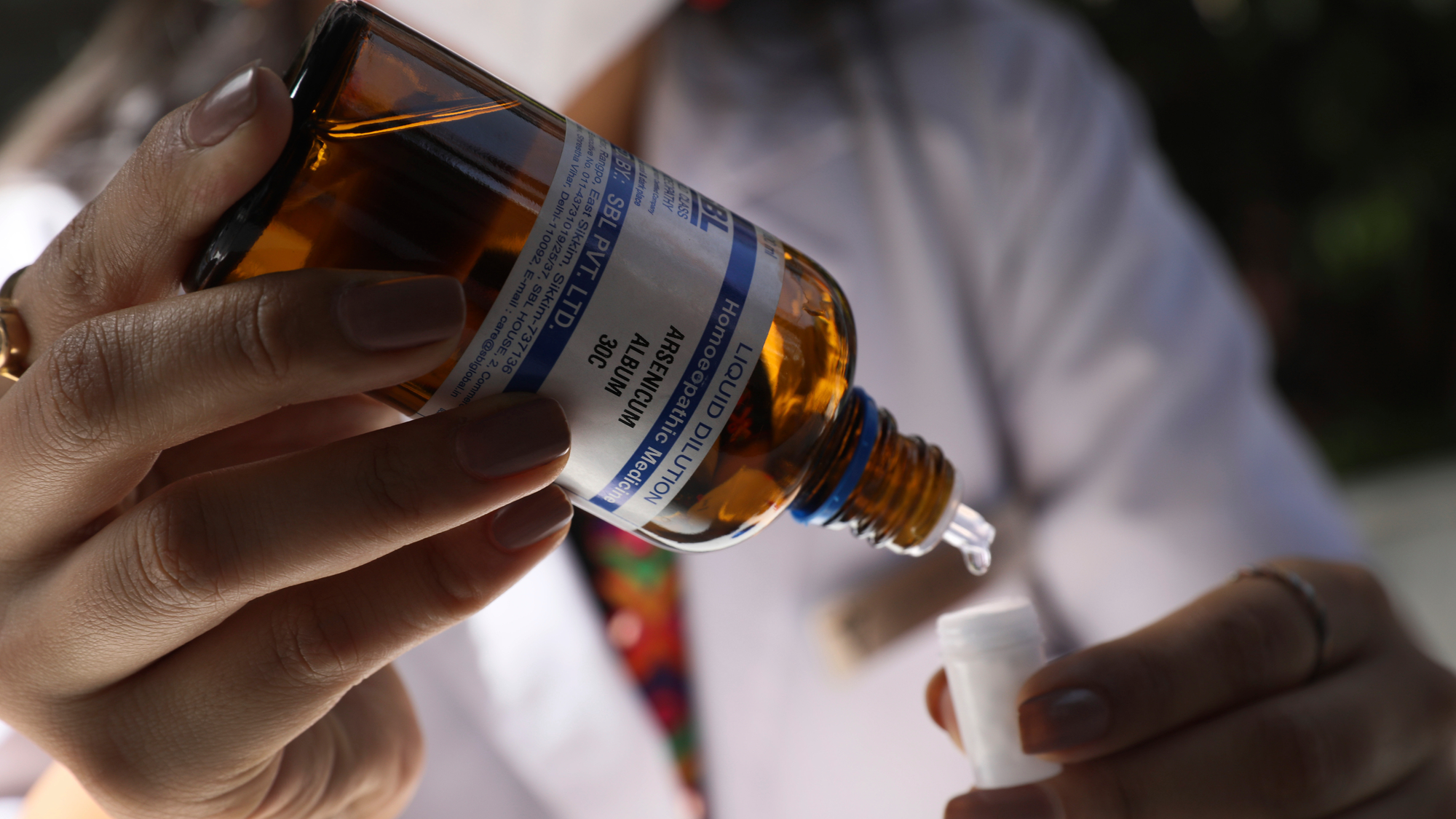People of colour are often reluctant to attend hospitals for fear they will be told they are fine when they know they are not.
“Your results are normal. I don’t know what to tell you,” the surgeon who completed my endoscopy said.
I was at my desk at work when I received the phone call. It was only a five-minute call, but those five minutes filled me with a plethora of emotions.
Anger, confusion, hopelessness – I felt many negative emotions crashing down on me at once.
In my head, I was screaming, “How am I normal? This is not normal.”
I started second-guessing myself. I worked out five times a week. I ate mostly vegetables, watched my carb and calorie intake.
Maybe the pain wasn’t as bad as I thought. Maybe it was just in my head.
For the next year, I continued to live with the pain thinking it was normal until my symptoms worsened.
They repeatedly completed the same ultrasounds and X-rays and kept telling me I was fine.
I could not understand why the doctors were dismissing my pleas. I wondered if being a woman of colour was the reason.
According to a study by Jack Gieger, with the City University of New York Medical School, visible minorities are not taken as seriously for their health care concerns compared to their white counterparts, due to conscious and subconscious biases.
Medical gaslighting occurs when patients’ symptoms are blamed on psychological factors rather than physical illnesses.
According to a report by Michigan medical researchers published in 2020, people of colour experienced a higher rate of medical gaslighting because of institutionalized bias and racism.
Dr. Harun Khan, based in England, wrote about the medical stereotype undermining elderly South Asian women in his piece in Media Diversified, a non-profit media aiming to represent marginalized voices.
He recounted in his article some British inner-city hospitals using the term Mrs. Bibi Syndrome to refer to South Asian women that doctors say exaggerate their symptoms.
He said this term has silenced the voices of South Asian women. This has led to people of colour looking for other alternatives to health care.
Dr. Vaidya Shweta, an Ayurvedic practitioner specializing in alternative medicine with Indian roots, told Humber News most clients seek her assistance with holistic health after they felt the health care system failed them.
Heather Boon, a professor at the University of Toronto who specializes in the safety and policies of traditional health practices, told Humber News 75 to 80 per cent of Canadians had tried natural products for health benefits at some point.
American medical researchers, in a 2015 report, collected data from 108 studies to understand the use of herbal medication among minorities. It found 18 per cent of African-Americans, and 30 per cent of Hispanics and Asians use herbal medicine for health benefits.
I turned to holistic health at one point to keep my symptoms at bay while I waited for our health care system to help me.
It took years to get answers for my own health condition. I finally saw a specialist who listened to my concerns and is conducting more tests and searching for a diagnosis.
But I can’t help but wonder, did it take this long because of the colour of my skin?
It is evident that racism and bias are prevalent in medicine. More needs to be done than simply acknowledging the problem, especially when Canada is a diverse country with growing minority populations.
Change is needed because years of pain is not okay.

